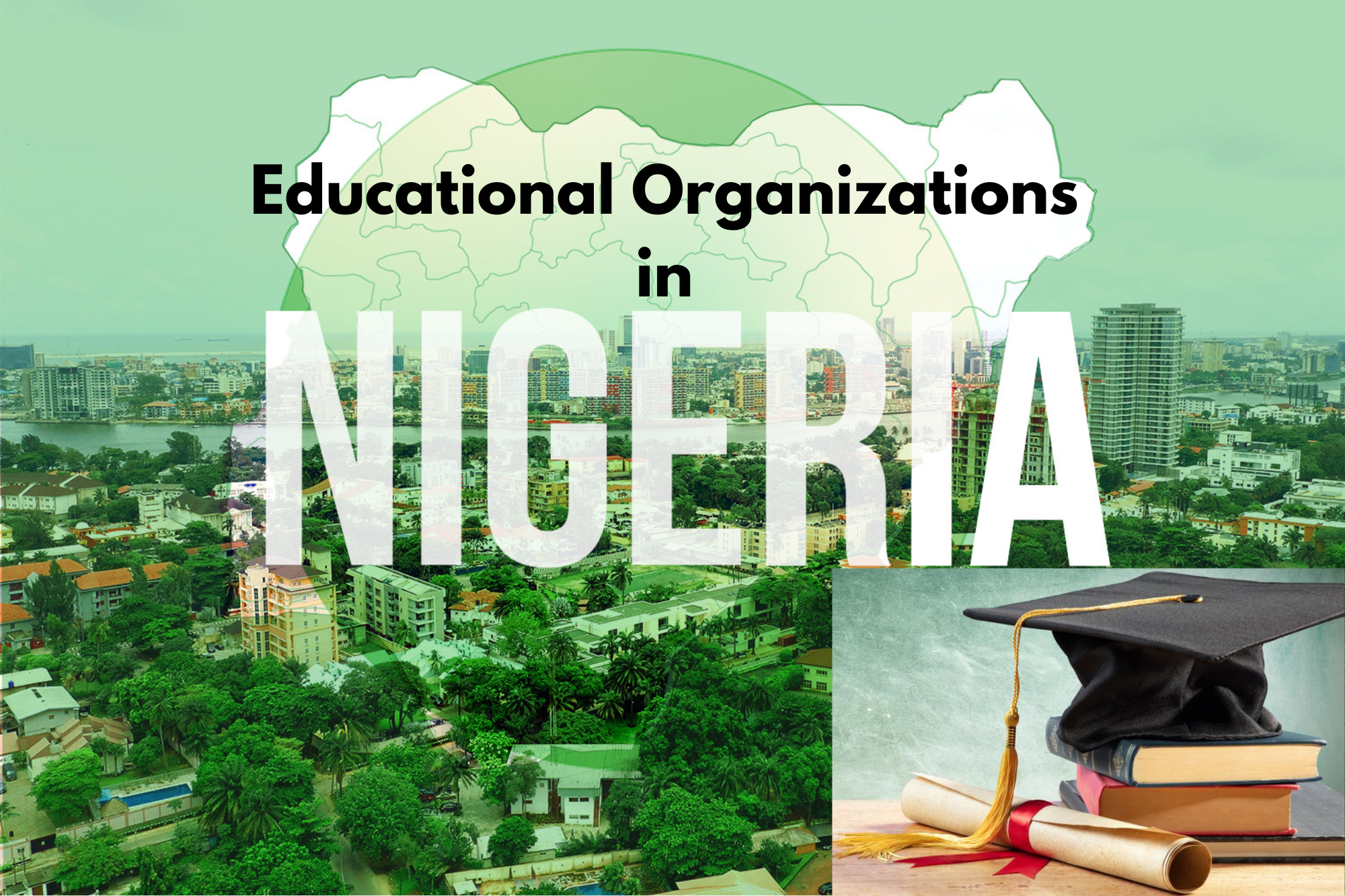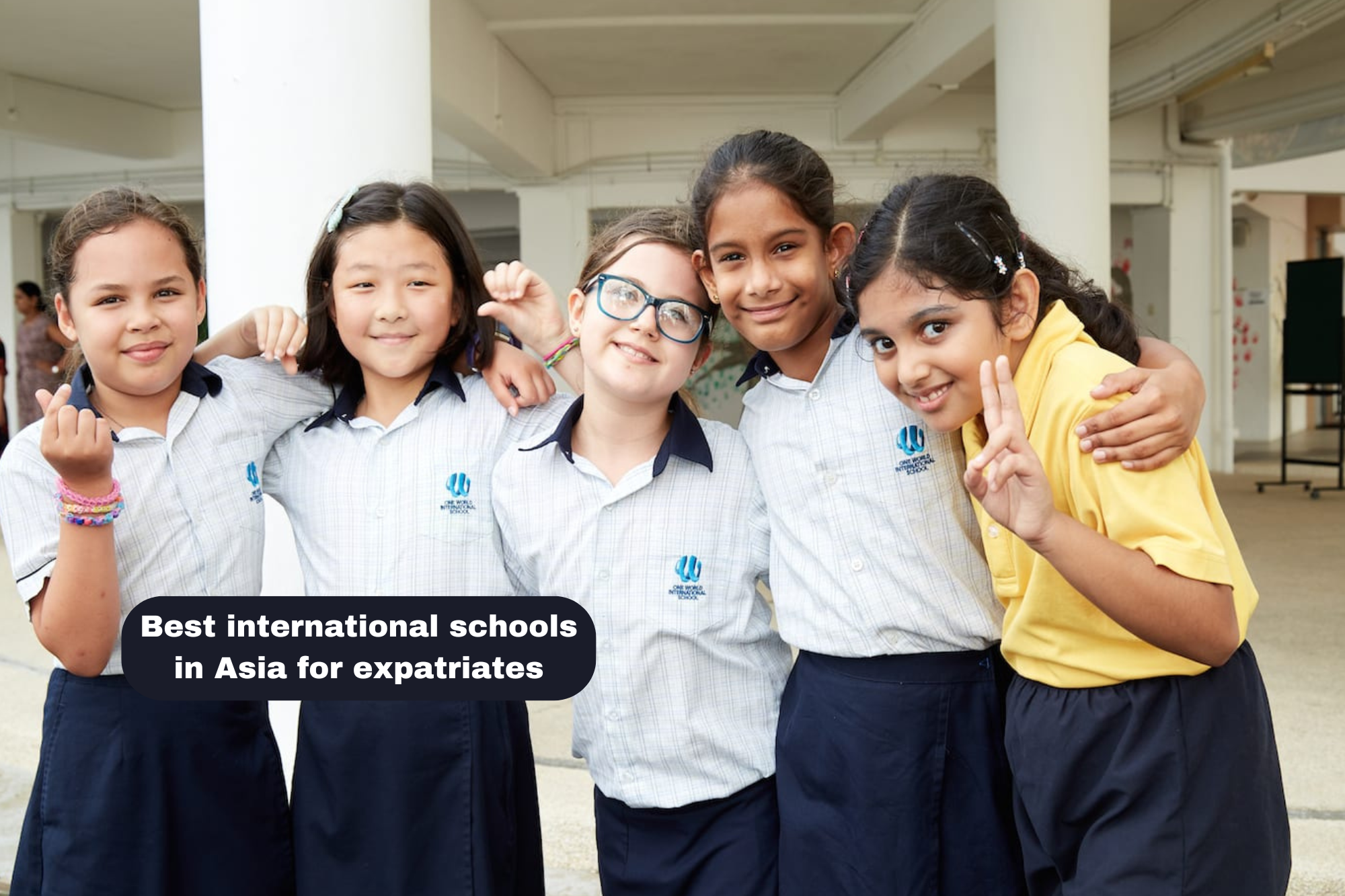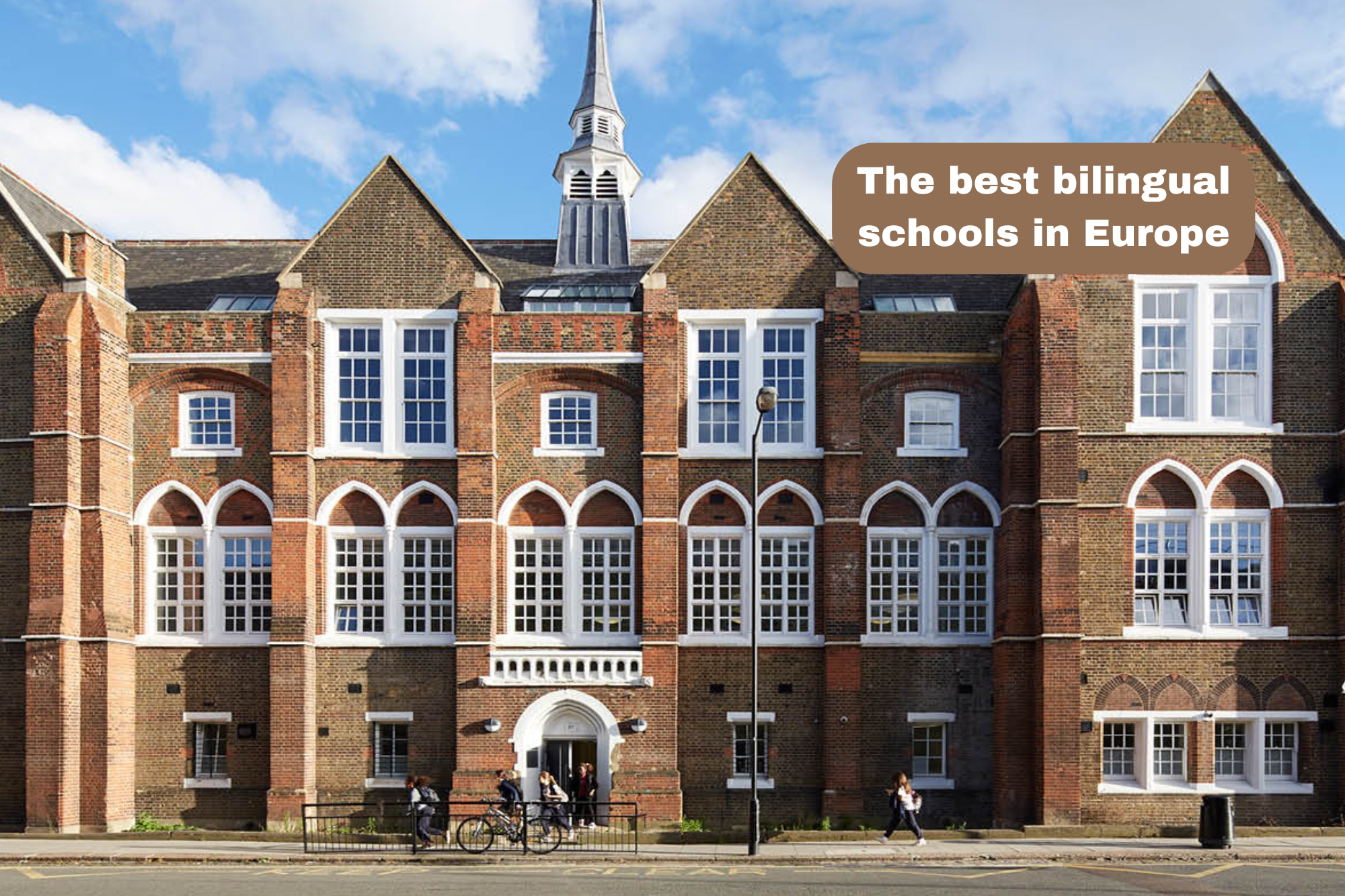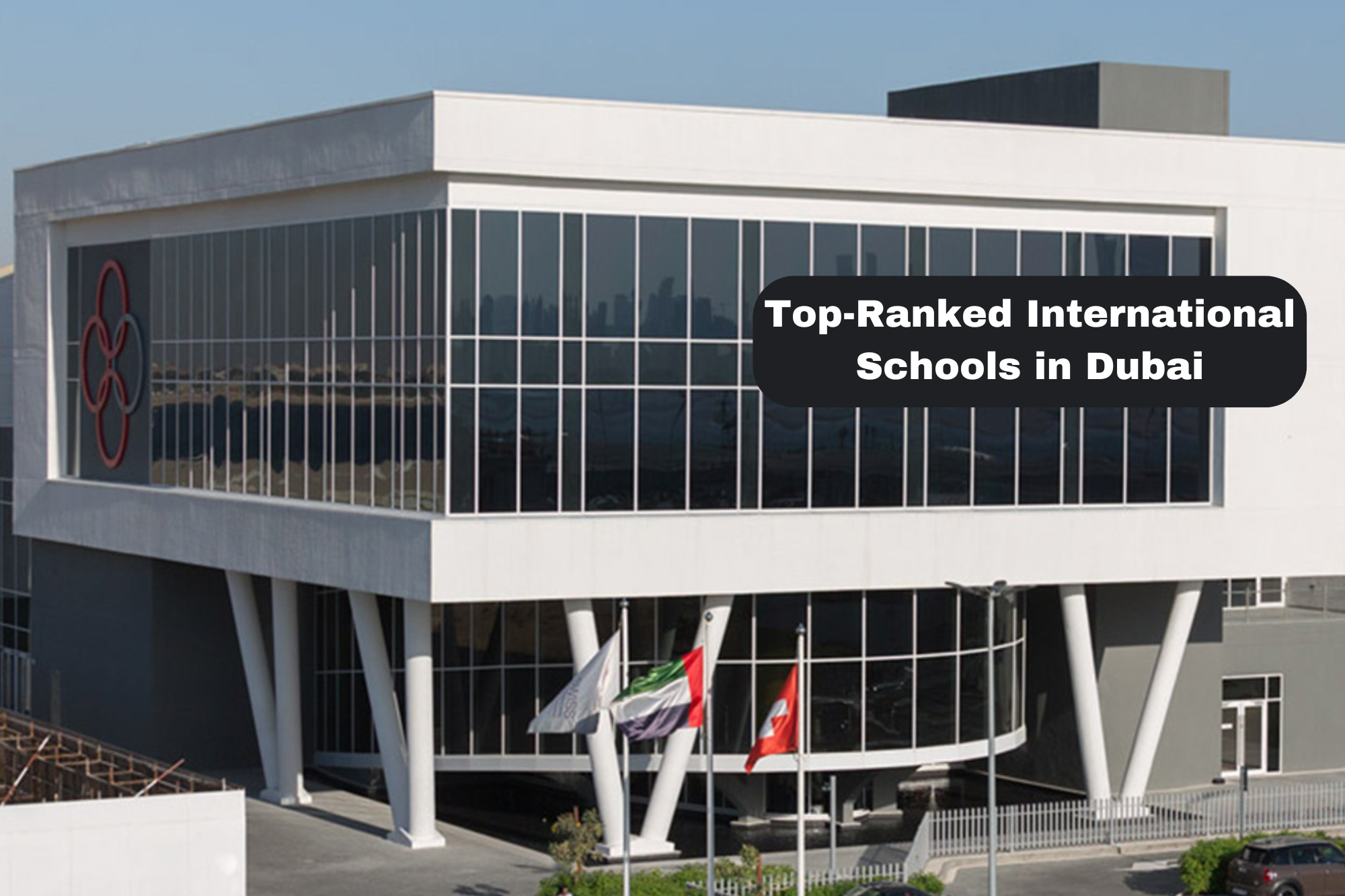Share this Post
Nigeria’s educational landscape is enriched by a diverse array of organizations dedicated to enhancing learning opportunities and outcomes across the nation.
These entities, ranging from government agencies to non-governmental organizations (NGOs) and international partners, play pivotal roles in shaping the educational experiences of millions of Nigerians.
Governmental Educational Organizations
The Nigerian government oversees education through various ministries and parastatals committed to policy formulation, curriculum development, and quality assurance.
- Federal Ministry of Education (FME): As the central body, the FME is responsible for formulating national educational policies, maintaining standards, and ensuring quality across all educational levels. Its mission is to use education as a tool for fostering development and promoting a strong, democratic, and prosperous nation.
Wikipedia - Nigerian Educational Research and Development Council (NERDC): NERDC serves as the think-tank for Nigerian education, focusing on curriculum development, educational research, and policy implementation to meet the nation’s developmental needs.
NERDC
Non-Governmental Organizations (NGOs)
Numerous NGOs operate within Nigeria to address educational challenges, often focusing on marginalized communities and vulnerable populations.
- Malala Fund: Committed to dismantling barriers preventing girls from accessing and completing secondary education, the Malala Fund partners with local organizations across nine states and the Federal Capital Territory to tackle issues like cultural norms, economic constraints, and security risks.
Malala Fund - Oando Foundation: This foundation aims to improve the learning environment in primary schools by creating world-class basic education systems within communities, thereby enhancing access to quality education for all children.
Oando Foundation - Lagos Food Bank Initiative (LFBI): Through its Education Enhancement Intervention for Food Insecure Students (EDUFOOD) program, LFBI addresses food insecurity among students, aiming to improve their nutritional status, increase school attendance, and reduce dropout rates.
Global Citizen - Dream Catchers Academy: A free boarding educational and performing arts academy for orphaned and underserved girls, Dream Catchers Academy uses dance as a tool to enroll disadvantaged children into school, providing them with education and life skills.
Global Citizen
International Development Partners
International agencies collaborate with the Nigerian government and local organizations to support educational development.
- U.S. Agency for International Development (USAID): USAID works with the Government of Nigeria to strengthen education systems at state and local levels, particularly in northern states, focusing on improving literacy and educational outcomes.
USAID - PLANE (Partnership for Learning for All in Nigerian Education): PLANE partners with the Government of Nigeria to foster a more inclusive and effective education system, aiming for sustainable improvements in learning outcomes.
Plane Nigeria
Professional Associations and Networks
Professional bodies and networks contribute to educational development through advocacy, research, and capacity building.
- Nigeria Union of Teachers (NUT): As the trade union for teachers, NUT advocates for the welfare and professional development of educators, playing a crucial role in shaping educational policies and standards.
Commonwealth of Nations - Nigeria Network of NGOs (NNNGO): With a membership of over 800 civil society organizations, NNNGO works across various sectors, including education, to promote development and address societal challenges.
Commonwealth of Nations
Conclusion
The collaborative efforts of governmental bodies, NGOs, international partners, and professional associations are instrumental in advancing education in Nigeria.
By addressing challenges such as access, quality, and equity, these organizations contribute significantly to the nation’s socio-economic development and the empowerment of its citizens.





